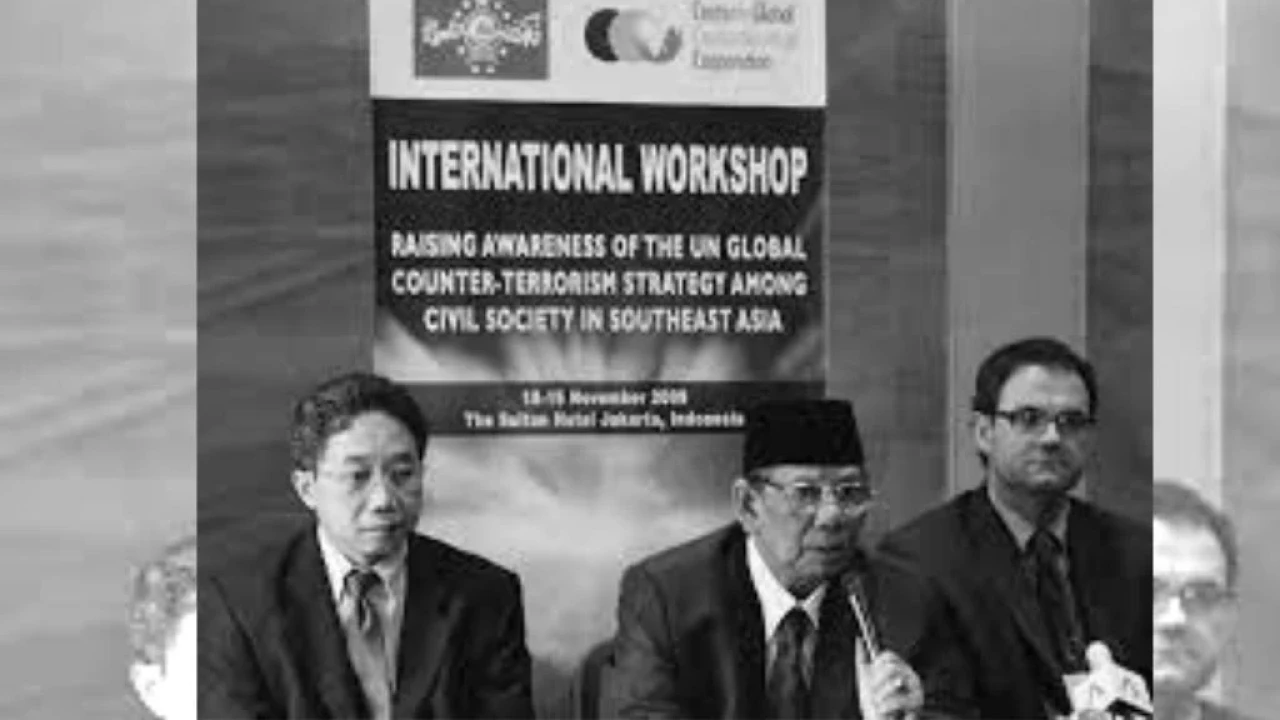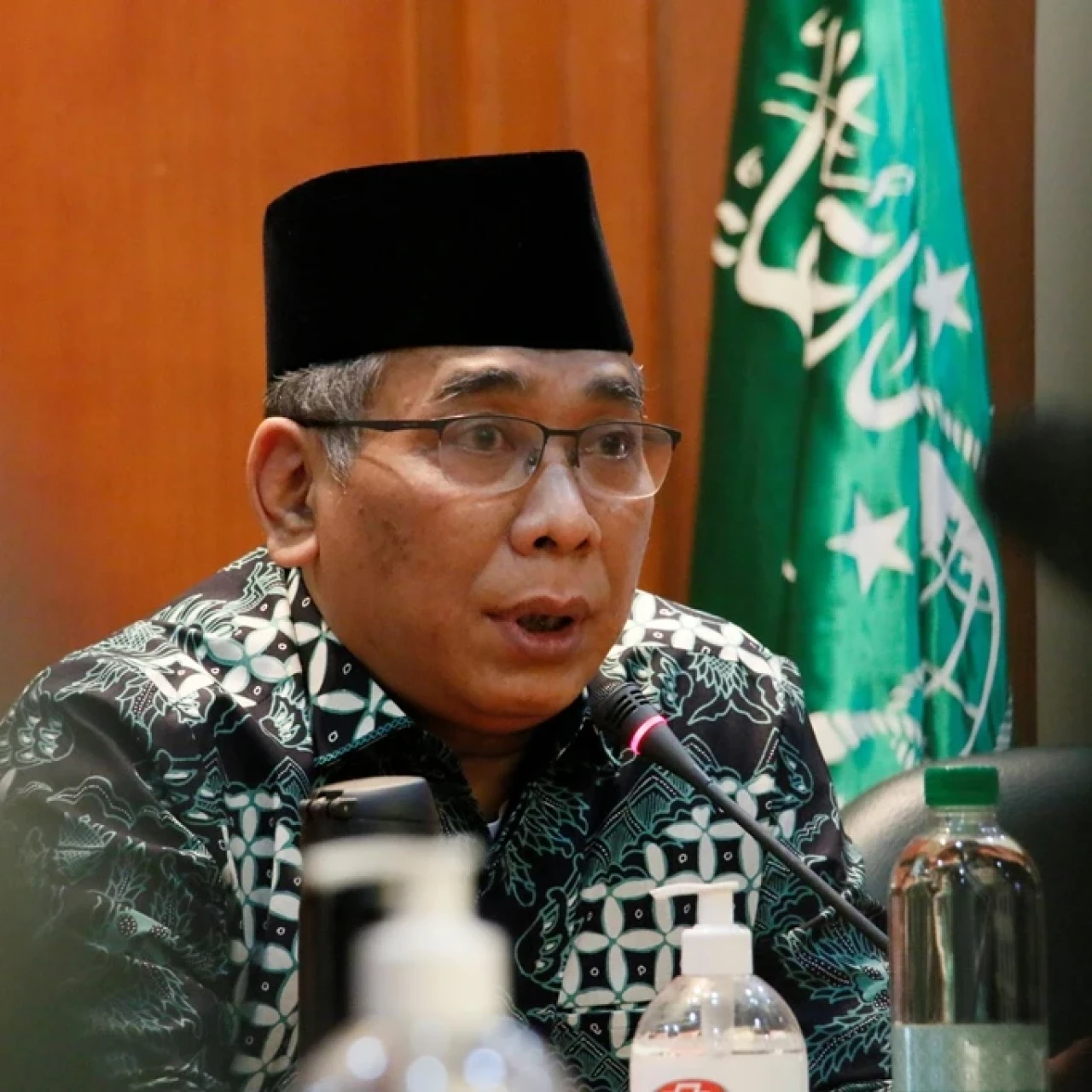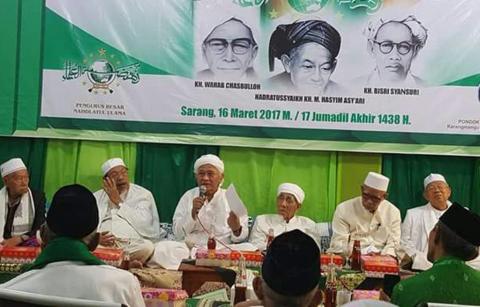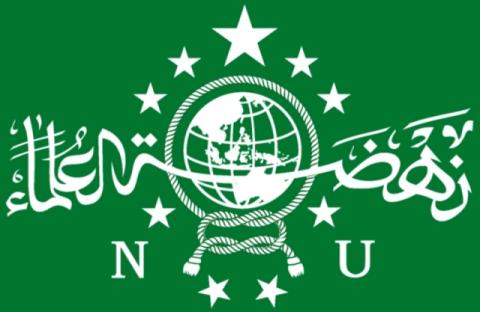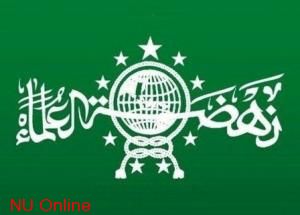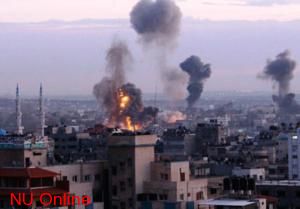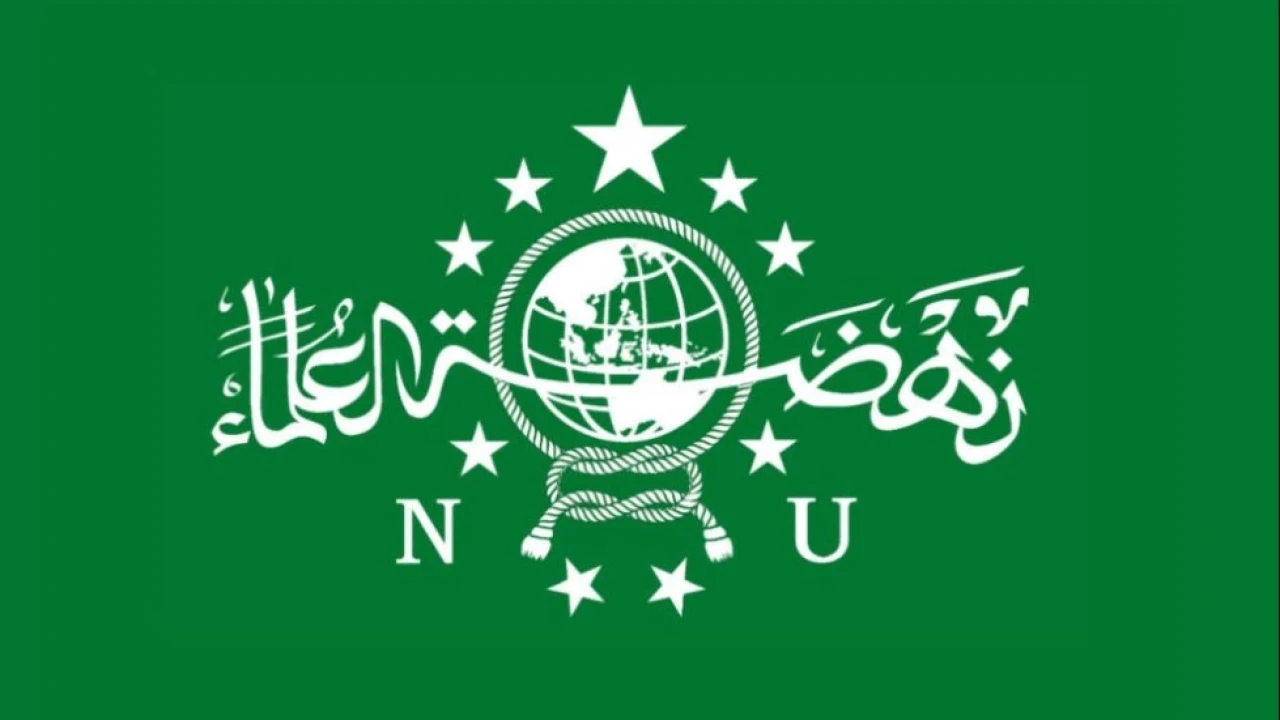Conclusion and Recomendation from Workshop Raising Awareness of UN Global Counter-Terrorism Strategy among Civil Society in Southeast Asia.
NU Online · Kamis, 19 November 2009 | 13:36 WIB
Preliminary Chairman’s Summary and Recommendation
A. CONCLUSION
Contribution Made by CSOs to Support the Implementation of the Strategy
1. Civil Society Organizations (CSOs) in Southeast Asia have carried out programs and activities in a wide range of areas which have contributed to the implementation of the UN Global Counter Terrorism Strategy.
2. They have conducted studies on external and internal factors that cause acts of terrorism in the region, in order to better understand the context within which terrorism could emerge and spread. These studies serve as valuable inputs in designing a more comprehensive strategy of counter terrorism which could match regional and local needs.<>
3. CSOs in the region have been actively engaged in efforts to address condition conducive to spread of terrorism. CSOs have been working to prevent and resolve conflicts in the southern parts of Thailand, Philippines and some regions of Indonesia..
4. A number of CSOs have organized trainings on civic education, democracy, pluralism, human rights, peace, conflict prevention as well carried out programs to improve economic welfare of the poor. CSOs have conducted community development program and advocated people who are unable to express their rights and interests..
5. CSOs have conducted deradicalization activities aimed at changing the behavior and mindset of suspected terrorists, terrorist prisoners and ex-terrorists and provide legal assistance to ensure the protection of their human rights.
6. Moderate groups have engaged in interfaith dialogues and cooperation at the national, bilateral, regional, inter-regional and global levels These dialogues would create a better climate for nurturing mutual understanding and tolerance and counter radical propaganda that justifies violent means to attain religious and political ends.
7. Particularly in the area of promotion and protection of human rights, their activities include monitoring counter terrorism measures by governments, advocating human rights issues, receiving individual complaints to be submitted to the government and the United Nations, producing shadow reports on alleged violation of human rights and raising public awareness of the importance of human rights protection. The main objective is to ensure the accountability of government’s policies, generally through the issuance of the reports. .
Challenges Faced by CSOs in Supporting the implementation of the UN Strategy
8. South East Asia countries are facing a particular situation with regard to dealing with terrorism. In this connection, CSOs in the region should continue their researches on terrorism and national counter terrorism measures in order to deepen understanding of factors that contribute to the spread of terrorism;
9. For the purpose of making more valuable contribution to the implementation of the UN Strategy in Southeast Asia, CSOs need to have an ample knowledge of a wide range of issues related to the implementation of the strategy.
10. CSOs in Southeast Asian are facing challenges to deeply engage on counter terrorism issues. Some CSOs have lack of capacity, resources and expertise while others do not have necessary freedom of expression and of information.
B. RECOMMENDATION
Continuing Current Initiatives by CSOs to Prevent Terrorism
11. Moderate groups, especially religious groups should continue to be empowered to counter the ideas of radical and extremist groups.
12. Dialogues and cooperation among ethnic, religious and political groups should be further strengthened to develop mutual understanding and mutual respect at the national, regional and international levels.
13. Intra-faith dialogues should be developed to build a better internal harmony within each religious groups. Such dialogues could contribute to a wider mutual understanding and harmonious relations among different religious groups.
14. CSOs should continue their engagement in peace building as well as conflict prevention and resolution efforts.
15. CSOs in Southeast Asia should strengthen their local and regional networks and share best practices/good experiences in conducting their works to address conditions conducive to the spread of terrorism and ensuring respect for human rights and the rule of law as fundamental basis for the fight against terrorism.
Developing A National Comprehensive Strategy of Preventing and Combating Terrorism
16. To effectively prevent and combat terrorism, governments of Southeast Asia should introduce a political system and policies that support human rights, democracy and rule of law. They should also adopt policies that are just and non-discriminative in nature, policies on economic development that can eradicate or eradicate poverty, and policies support social cohesion. Furthermore, law enforcement measures should further strengthened against violent radicals and terrorism.
Requiring More UN Actions Against Terrorism
17. The United Nations should take further actions to develop just world order, including rejecting any domination of certain countries in global politics and security, resolve justly conflicts and wars in various countries and other regions, and implement effectively UN resolution concerning conflicts and wars in certain regions.
Raising awareness of the UN Strategy in Southeast Asia
18. More efforts are needed to raise awareness about the UN Strategy among civil society actors in Southeast Asia and its significance for the region.
19. Future activities in this area should include works that have been, is being and will be done by UN bodies such as UNDP, UNESCO, UNICEF to support the UN strategy implementation particularly in cooperation with civil society. These activities should also involve UN representative offices at regional and local levels.
20. The United Nations, ASEAN and those civil society organizations (CSOs) already familiar with the Strategy should make awareness raising of the Strategy a priority.
Increasing CSO engagement on terrorism and counterterrorism in Southeast Asia
21. CSOs should engage more in this discourse, taking advantage of the breadth of the Strategy. They should focus on identifying relevant areas of the Strategy where they can add the most value, recognizing that many CSOs are already engaged on addressing the conditions conducive to the spread of terrorism and promoting the rule of law and protecting human rights while countering terrorism.
22. The United Nations and ASEAN should encourage more involvement of CSOs, including community-based organizations, in Strategy and other counterterrorism-related issues.
Enhancing the capacity of CSOs to engage constructively on counterterrorism
23. More resources are needed to enhance Southeast Asian CSOs capacity to organize and participate in meetings concerning the UN Strategy, which could lead to the development of CSO programs aimed at furthering its implementation.
24. More attention should be given to strengthening the technical, expert, and other capabilities of CSOs to better equip them for engaging on counterterrorism-related issues.
25. ASEAN countries should continue to provide CSOs with the space information necessary to allow them to contribute to addressing the terrorist threat. By sharing more information and seeking to engage with civil society, governments are enhancing their security.
Enhancing engagement between CSOs and ASEAN on issues related to terrorism and counterterrorism:
26. Implementation of the UN Strategy and/or the ASEAN Comprehensive Plan of Action on Counter Terrorism particularly on the role of CSOs should be included on the agenda of the ASEAN Peoples’ Forum.
27. CSOs should identify the variety of ways in which they can contribute to the implementation of these ASEAN counterterrorism instruments. This could include monitoring national implementation efforts.
Deepening engagement between the United Nations and CSOs on Strategy implementation:
28. The UN Counter-Terrorism Implementation Task Force Support Office should identify ways to engage more with CSOs in Southeast Asia and involve them in the Task Force’s work.
29. This could involve: a) the establishment of a UN Strategy-CSO advisory board that would provide guidance to the Task Force’s eight thematic working groups; b) the nomination of a CSO focal point within the Task Force to facilitate UN-CSO interactions related to the implementation of the Strategy as well as the establishment of a formal mechanism to engage consistently with them.
30. To facilitate more effective UN-CSO engagement, greater CSO collaboration, cooperation, and networking in areas relevant to the UN Strategy should be encouraged.
Integrating UN Strategy issues into the work of existing civil society networks in Southeast Asia:
31. Rather than creating new networks in a region that already has a number of them working in areas related to the Strategy (e.g., peacebuilding, inter- and intra-religious and cultural dialogue, conflict prevention, combating small arms and light weapons, and Security Sector Reform), initial efforts should be placed on trying to incorporate UN Strategy implementation issues into existing ones.
Considering the establishment of a CSO network dedicated to supporting Strategy implementation and the implementation of the ASEAN Comprehensive Plan of Action on Counter Terrorism in Southeast Asia:
32. In the longer term, a regional network that brings together the diversity of CSOs working in each of the four pillars of the Strategy may be needed to reinforce the holistic nature of the framework, which calls for issues to be addressed in an integrated fashion. Such a network could facilitate the sharing of UN Strategy information, experiences, and good practices between the United Nations and Southeast Asian CSOs and among the CSOs themselves.
Terpopuler
1
Menyelesaikan Polemik Nasab Ba'alawi di Indonesia
2
Rekening Bank Tak Aktif 3 Bulan Terancam Diblokir, PPATK Klaim untuk Lindungi Masyarakat
3
Hadapi Tantangan Global, KH Said Aqil Siroj Tegaskan Khazanah Pesantren Perlu Diaktualisasikan dengan Baik
4
Tuntutan Tak Diakomodasi, Sopir Truk Pasang Bendera One Piece di Momen Agustusan Nanti
5
Khutbah Jumat: Perhatian Islam Terhadap Kesehatan Badan
6
Resmi Dilantik, Berikut Susunan Lengkap Pengurus PP ISNU Masa Khidmah 2025-2030
Terkini
Lihat Semua

